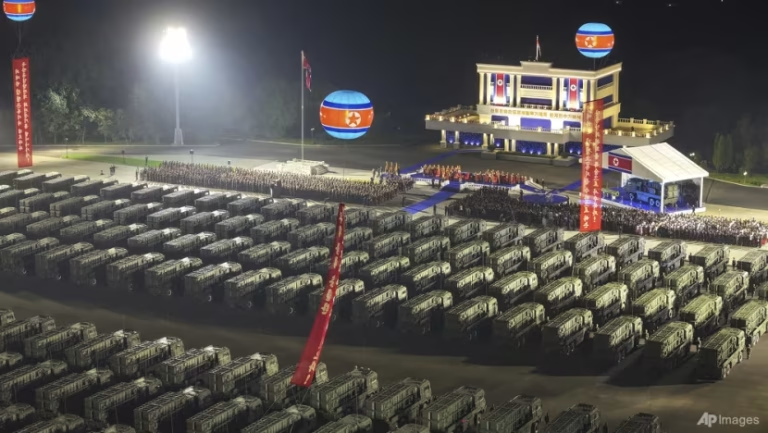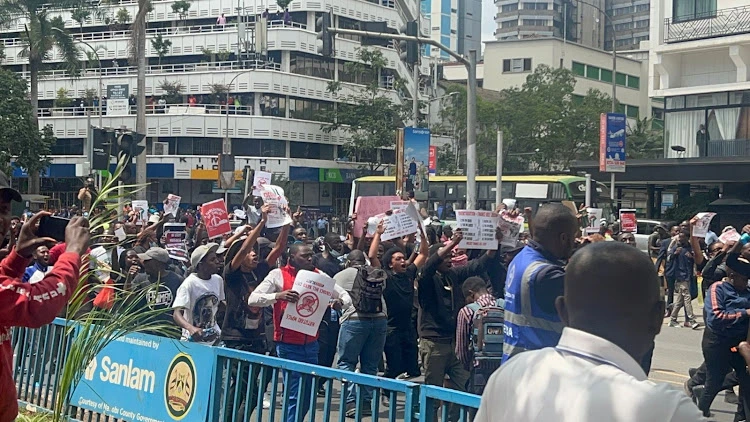EW News Exclusive
Donald Trump’s re-election as the 47th President of the United States is anticipated to significantly impact global dynamics across various areas, with particularly profound effects in the Middle East. In terms of foreign policy and international relations, Trump has previously criticized NATO allies for insufficient defense spending, and his administration may intensify pressure on these nations to contribute more, potentially straining transatlantic relationships. His strong support for Israel is expected to continue, which could heighten hostilities with Iran, a primary regional adversary of Israel. This may lead to revived sanctions, enhanced Israeli defense capabilities, and support for strategic military alliances, escalating tensions particularly around Iran’s nuclear program. As a result, the region could see an increase in proxy conflicts in nations where Iran and the U.S. both wield influence, such as Syria, Iraq, and Yemen.
In response, Iran may strengthen alliances with regional players like Syria and non-state actors such as Hezbollah in Lebanon, intensifying its network to counteract perceived U.S. and Israeli pressures. Other Gulf states, particularly Saudi Arabia and the United Arab Emirates, might deepen ties with the U.S. to bolster their defenses against Iran, potentially igniting an arms race in the region. Trump’s emphasis on achieving energy independence could also lead to reduced U.S. involvement in Middle Eastern oil markets, affecting economies that heavily rely on oil exports, like Saudi Arabia, and pressuring these nations to seek economic diversification and adjust their alliances to maintain stability.
In trade and economic policy, Trump’s proposed 25% tariff on all imports aims to boost domestic manufacturing, but it may trigger retaliatory measures from other countries, affecting global trade dynamics. The planned tariffs on Chinese imports could escalate trade tensions and influence markets worldwide. Plans for an “Iron Dome”-like missile defense system in the U.S. and increases in military spending may prompt other nations to reevaluate their defense budgets, impacting global security. Trump’s anticipated hardline immigration policies, including reinstating the “remain in Mexico” program and militarizing the U.S.-Mexico border, could further strain U.S. relations with neighboring countries.
Global reactions to Trump’s victory are mixed. Allies may express unease over potential shifts in U.S. foreign policy, particularly regarding commitments to NATO and other international agreements. Conversely, adversarial nations like China and Russia might adjust their strategies, potentially increasing geopolitical tensions. In the Middle East specifically, as Trump’s policies intensify existing conflicts and shift economic interests, there could be a more militarized region with repercussions on global energy markets, diplomatic relations, and overall security dynamics.
In summary, Trump’s second term is expected to introduce significant changes in global politics, economics, and security, with extensive implications for international relations and stability. The Middle East, in particular, stands as a focal point for increased hostilities, alliances, and economic shifts, all of which could lead to a more complex and volatile global landscape.





